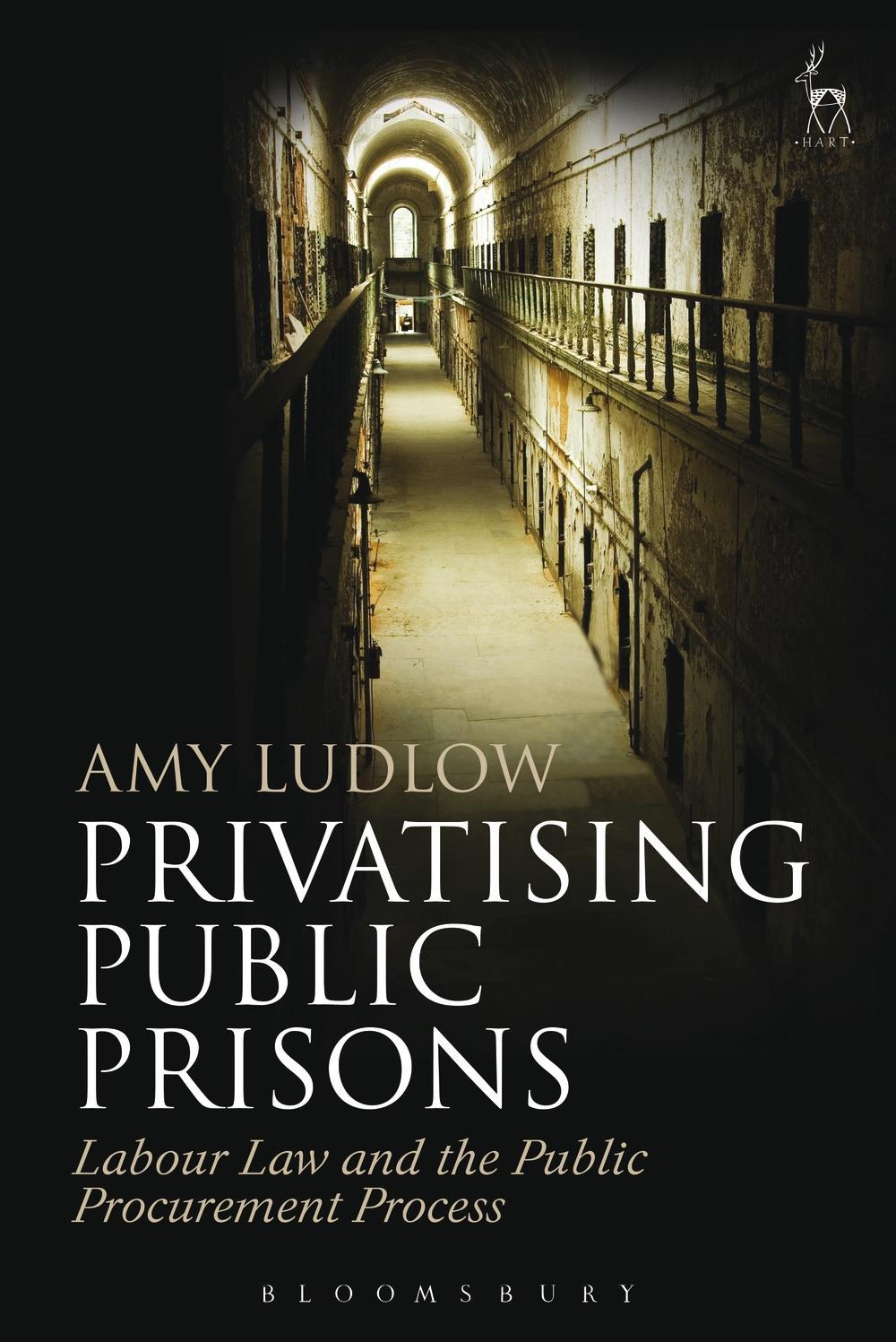Privatising Public Prisons

Privatising Public Prisons
Overall, the book challenges the Government's portrayal of competition policies as self-evident sources of improvement for public services. It highlights the damage that can be caused by competitive processes to social capital and the organisational, cultural and employment strengths of public services. Its main conclusions are that prison privatisation processes are driven by procedure rather than aims and outcomes and that the complexity of the public procurement rules, coupled with inadequate commissioning expertise and organisational planning, can result in the production of contracts that lack aspiration and are insufficiently focused upon improvement or social sustainability. In sum, the book casts doubt upon the desirability and suitability of using competition as a policy mechanism to improve public services.
PRP: 291.49 Lei
Acesta este Prețul Recomandat de Producător. Prețul de vânzare al produsului este afișat mai jos.
262.34Lei
262.34Lei
291.49 LeiLivrare in 2-4 saptamani
Descrierea produsului
Overall, the book challenges the Government's portrayal of competition policies as self-evident sources of improvement for public services. It highlights the damage that can be caused by competitive processes to social capital and the organisational, cultural and employment strengths of public services. Its main conclusions are that prison privatisation processes are driven by procedure rather than aims and outcomes and that the complexity of the public procurement rules, coupled with inadequate commissioning expertise and organisational planning, can result in the production of contracts that lack aspiration and are insufficiently focused upon improvement or social sustainability. In sum, the book casts doubt upon the desirability and suitability of using competition as a policy mechanism to improve public services.
Detaliile produsului











